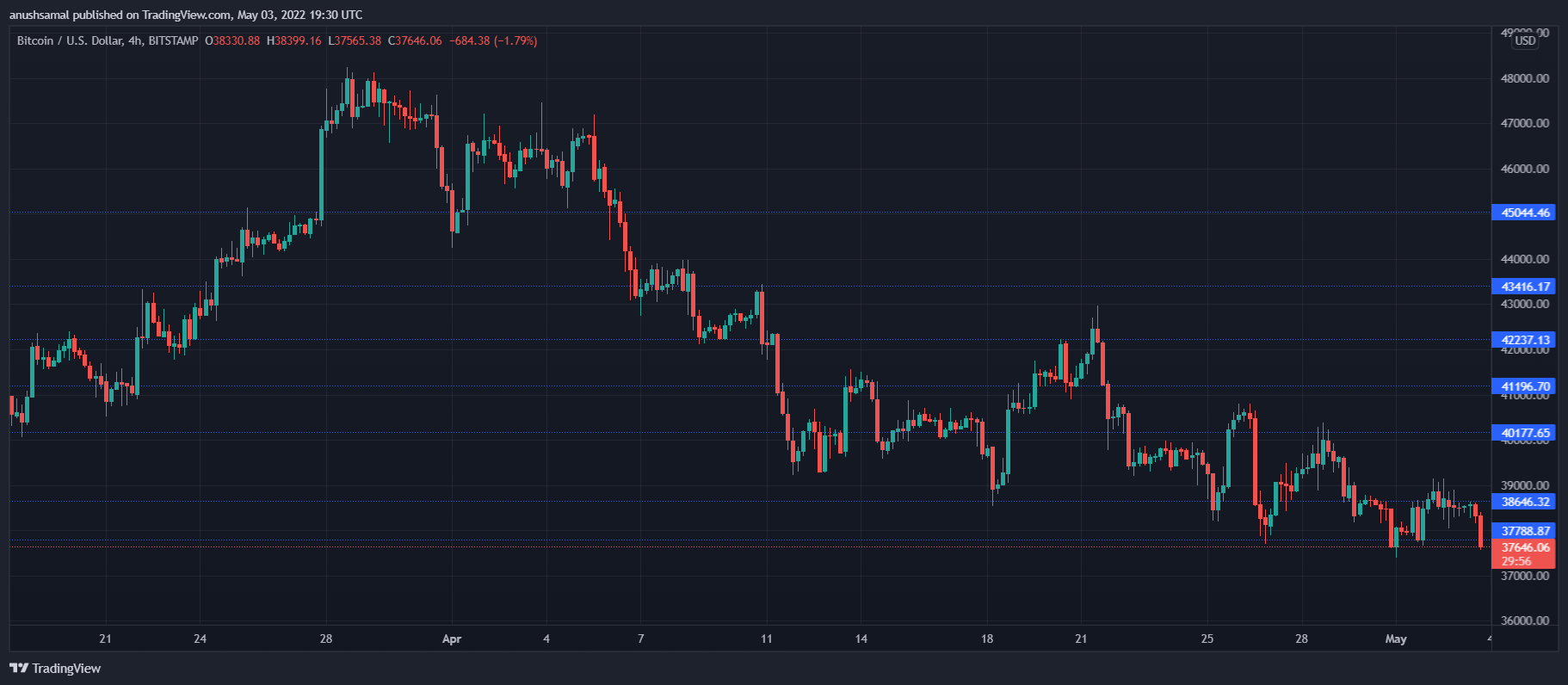The Indian Government now wants to levy additional taxes on crypto by extending it to gains made from Decentralised Finance (DeFi). After the introduction of the 30% tax and 1% tax deducted at source (TDS), the tax department of India shall scrutinise interests earned on cryptocurrencies from platforms outside of India.
The government wishes to impose a 20% tax deducted at source for transactions connected to DeFi where either of the party stays outside India or has not provided the government with a permanent account number (PAN).
Along with this, the government could also impose a 5% equalisation levy tax on foreign-owned-e-commerce companies that are servicing Indian residents.
This tax has been targeted to regulate income that has been earned passively by crypto investors who have been borrowing or lending money to other users on DeFi platforms.
India’s Central Board Of Direct Taxes Continues Talking To Tax Experts
If the plan of imposing the 20% tax is implemented successfully, Indians would be required to pay taxes on earnings from deposits and trading activities on DeFi.
The Central Board of Direct Taxes (CBDT) have been in constant discussion with tax experts to figure out how these taxes can be implemented. There could be chances that these transactions could also invite an equalisation levy.
DeFi as we know has proved to be an effective way where crypto investors can earn passively. It is, however, a point to bear in mind that the decentralised nature of this particular space might act as a roadblock when the implementation of the proposal is due.
Related Reading | India Adopts Crypto, Introduces ‘Crypto Tax’ At Union Budget 2022
Why This Sudden Turn To DeFi?
After the government decided to impose a 30% tax on crypto gains, people having very less choice have flocked to DeFi for passive earnings. Many have been earning interest income by depositing cryptocurrencies for a fixed duration of time on these DeFi platforms.
This severe taxation model has started to show adverse effects when it comes to trading volumes plunging on centralised exchanges belonging to India.
This could be a reason why many cryptocurrency exchanges are shifting their base out of the country. For instance, WazirX recently changed its base to Dubai from India.
Those who have been following the regulatory concerns of the Indian government along with the regressive taxation framework in operation for crypto know that the tax law doesn’t allow or account for deductions on losses which translates to every profit margin being targeted and affected.
India was ranked 6th in the Global DeFi Index as per reports. This finding was based on metrics such as on-chain DeFi value received, on-chain number of DeFi deposits and also on-chain DeFi value received.
Investors continue to be more worried about the 1% TDS which shall come into effect from this month itself. Industry stakeholders are worried that this particular tax move will have an impact on the market’s liquidity and that could be detrimental to the whole crypto space.
Related Reading | Why The DeFi Sector Has Seen $1.57B In Exploits And Already Exceeds 2021 Record

Featured image from Unsplash.com, chart from TradingView.com






